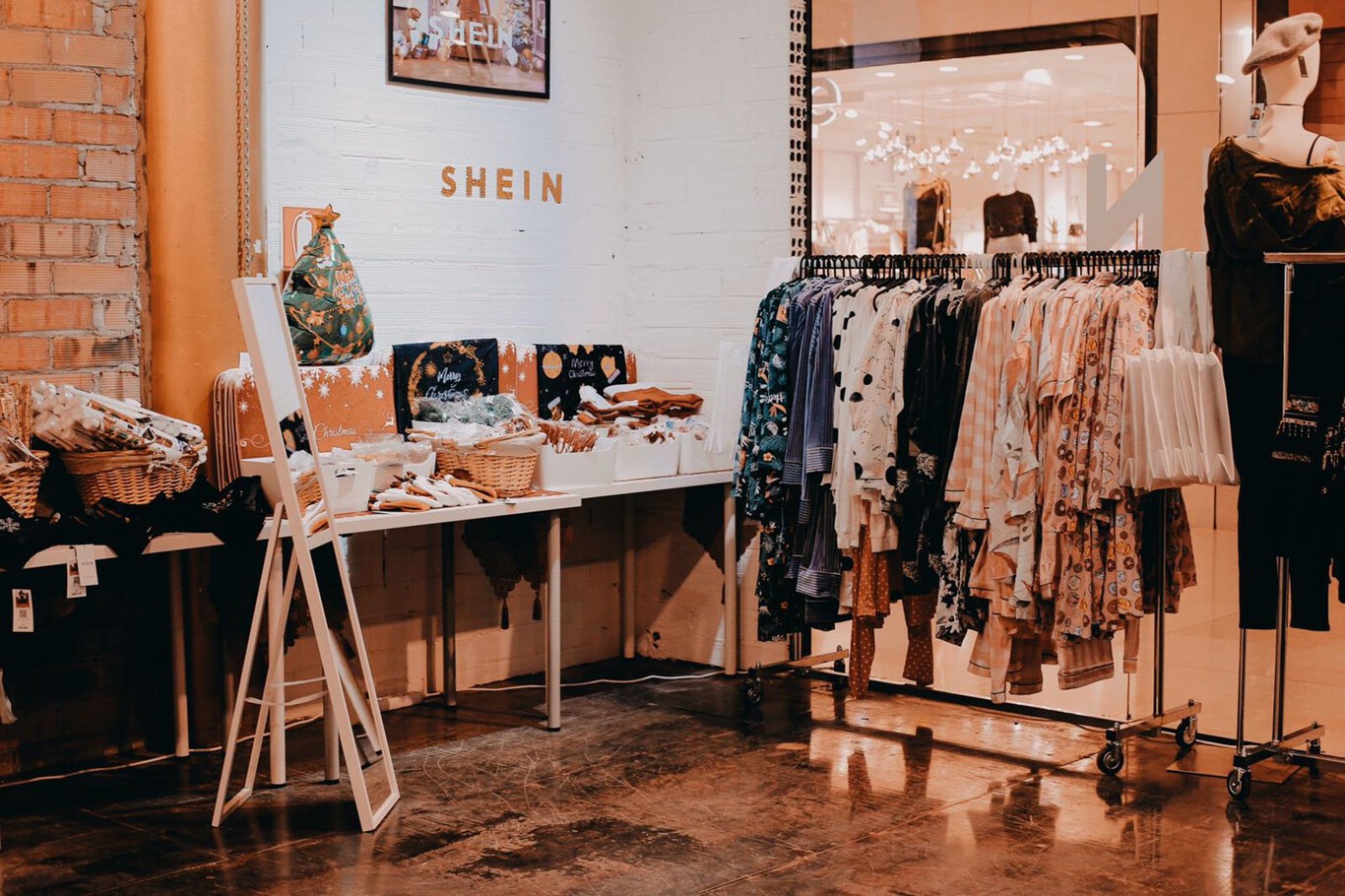
Shein is already the world’s largest fashion retailer. Its value, catapulted in recent years, is 100,000 million. This makes it bigger than Zara and H&M, the world’s two largest clothing retailers, combined. Its mobile app has more downloads than Amazon and has won the love of Generation Z for its incredibly low prices, trendy styles, and endless selection of clothing and accessories. One of its hallmarks is that it does not have a network of physical establishments, although it occasionally opens ephemeral stores.
That is why in countries like Mexico, illegal physical stores have already begun to emerge without a license, which makes money selling Shein clothes.
A catapulted success. But before starting to talk about the phenomenon in Mexico, it is necessary to understand why the company has reached where it is and is so successful worldwide. The pandemic was a trigger for Shein, which tripled sales, becoming the world’s largest web-only fashion brand last year. Social networks, celebrities, and influencers have been crucial from the beginning. That is why they focus on young people under 25 years of age, to whom they offer low prices and designs that are renewed at breakneck speed.
The company succeeds with a try-and-repeat strategy. That is, you add a large selection of articles but in small quantities to your app and only increase the production of what is successful. With this “ultra-fast” model, the firm reduces risks. And, of course, it should be mentioned that they have taken advantage of tax loopholes to keep those prices low. Despite producing in China, it does not sell there, which exempts it from VAT and pays lower taxes. Also, you do not incur import duties.
What is happening in Mexico? In many low-income areas, some entrepreneurs are capitalizing on Shein’s fame, even though the company has no official brick-and-mortar stores. They have built a network of illegal shops dedicated to buying, stocking, and selling Shein products in bulk. Their operation is simple: they act as intermediaries, accumulating customers to generate large enough discounts through wholesale orders. It is estimated that these stores make up to 60% of profit.
Because? They mainly take advantage of the lack of trust in digital businesses and low connectivity rates in much of the country. In this Rest of World report, four customers explained that when they have to deal with problems with a purchase, they all prefer to deal with a human instead of a mobile app. Also, it should be remembered that Mexico has 75% Internet access, but they only account for about 9% of retail purchases. The main reason why Mexican users hesitate to buy online is for fear of being scammed.
How does it work? First, they inform their customers through practical guides on how to order. Thus, they select any item on the Shein app or website, send the link via WhatsApp, and make a 50% advance payment. Then they wait 15 to 21 days for the order to arrive. As I was commenting on the same article, there are no shipping costs, and the collections are exclusively in the “store”. Although they offer the same prices that users can find in the official app, if they combine many shipments with a 40, 50, or 60% discount, they end up making brutal profits.
What does Shain say? While the company rarely sets up pop-up stores around the world as a marketing strategy, Mexico is one of the few countries in the world where these “pop-up” stores have made repeated appearances in recent years. Two years, which demonstrates the fame that the brand has earned in the country. And, of course, they do not want to lose that fidelity.
Following the emergence of these underground stores, Shein responded as follows: “We recommend that consumers carefully identify authenticity and assess transaction risks when purchasing Shein logo products outside of official channels. To protect sales rights and privacy customer experience, we recommend that you buy our products from Shein’s official channels.”
The dark side of the company. Although algorithms can be used to determine trends (something the company has done since the beginning), Shein has also been accused multiple times of plagiarism, with big brands and independent designers claiming the retailer has copied her designs. Brands like Levi Strauss, Dr. Martens, and Ralph Lauren have taken legal action.
Separately, Public Eye investigated Shein’s supply chain, including factory visits and worker interviews, finding that some were working 75-hour weeks and that some facilities had clear health and safety violations. Shein also hides some of the adverse impacts the fast fashion industry has on the environment. Although the company has not commented on its carbon footprint, the sector is often blamed for its heavy reliance on petroleum-derived petrochemicals.

Sharlene Meriel is an avid gamer with a knack for technology. He has been writing about the latest technologies for the past 5 years. His contribution in technology journalism has been noteworthy. He is also a day trader with interest in the Forex market.










